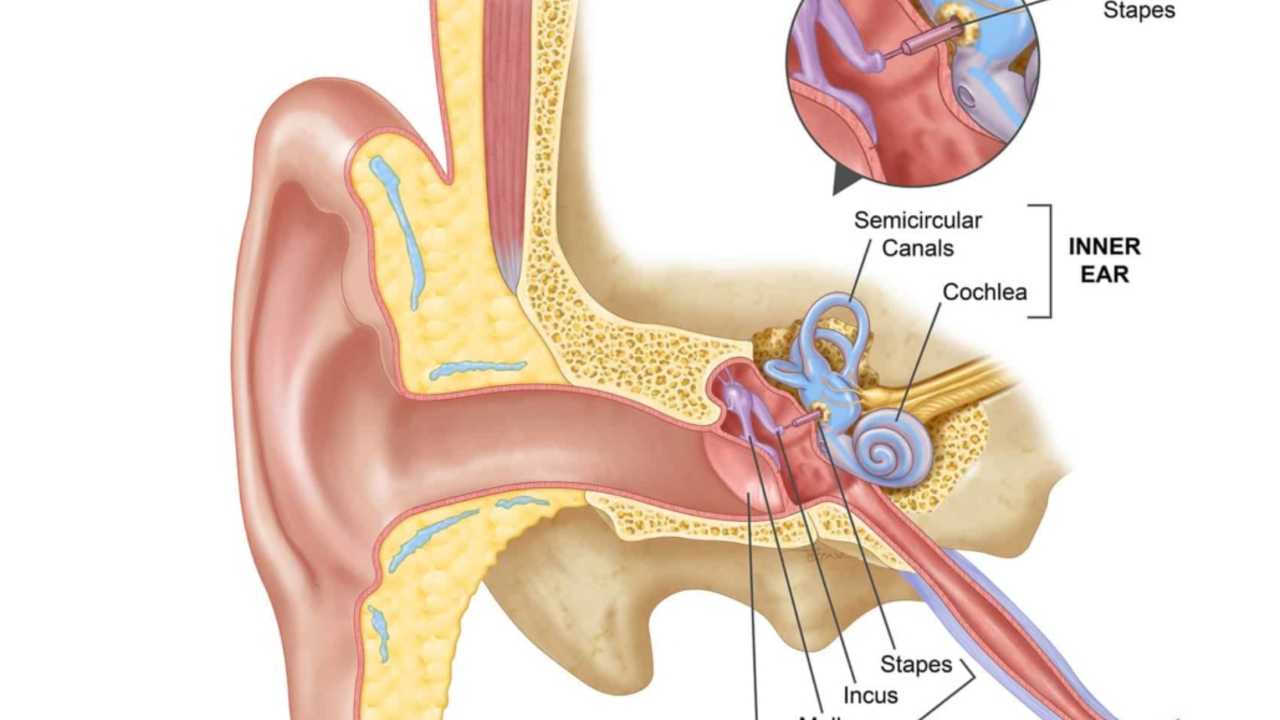Sinus Problems – Quick Relief Tips & What Really Works
If your face feels heavy, you’ve probably dealt with a sinus issue before. It’s that pressure behind the eyes or cheeks that makes breathing feel like a chore. The good news? Most of what causes it is simple and the fixes are often right in your kitchen or bathroom.
Why Your Sinuses Get Stuffy
The sinuses are air‑filled spaces inside the skull that line up with your nose. When they get inflamed – from a cold, allergies, or even dry indoor air – the lining swells and mucus can’t drain properly. That blockage creates pressure, pain, and that annoying stuffy feeling.
Common triggers include pollen, dust mites, pet dander, sudden temperature changes, and smoking. Even a lingering flu can leave your sinuses irritated for weeks. Knowing what set it off helps you avoid the next episode.
Simple Home Remedies That Actually Help
Steam inhalation: Fill a bowl with hot water, drape a towel over your head, and breathe deeply for five minutes. The warm moisture loosens mucus and eases pressure.
Saline rinse: Use a neti pot or squeeze bottle with a salt‑water solution. Rinsing clears out trapped debris and reduces swelling. Just be sure the water is sterile or boiled and cooled.
Stay hydrated: Water, herbal tea, and clear broths thin mucus so it moves easier. Aim for at least eight glasses a day when you feel congested.
Warm compress: Apply a warm (not hot) washcloth over the sinuses for 10‑15 minutes. Heat improves blood flow and relaxes the tight tissue.
For those who need a little extra push, an over‑the‑counter decongestant spray or oral antihistamine can cut down swelling fast. Use them sparingly – longer than three days can cause rebound congestion.
If symptoms linger more than ten days, turn to your doctor. Persistent pressure could mean a bacterial sinus infection that needs antibiotics, or an underlying allergy that requires stronger treatment.
At Your‑Online‑Meds.com we’ve collected detailed guides on specific meds, from nasal steroids to natural supplements, so you can pick the right option for you. Remember, most sinus problems clear up with simple care, but staying aware of triggers and acting early makes a big difference.
The Link Between Ear Canal Infections and Sinus Problems
In my recent research, I've discovered an interesting link between ear canal infections and sinus problems. It turns out that these health issues are often interconnected due to the close proximity and interconnection of our ear, nose, and throat systems. An infection in the ear can easily spread to the sinuses, causing discomfort and illness. Conversely, sinus problems can also lead to ear infections. It's a fascinating, if somewhat uncomfortable, reminder of how interconnected our bodies truly are.
